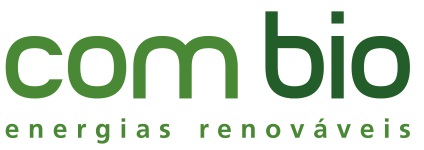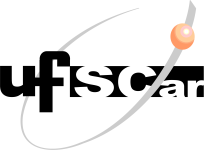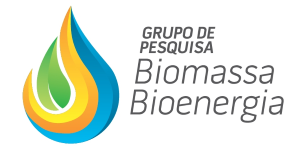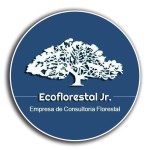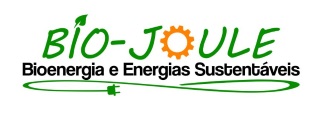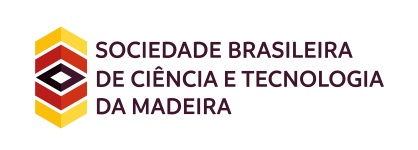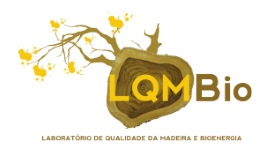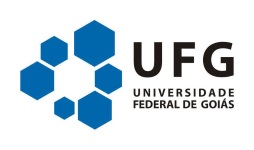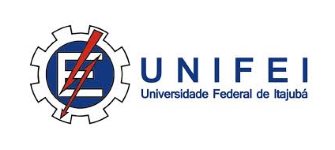AN APPROACH TO THE ECONOMIC AND ORGANIZATIONAL VIABILITY OF BIOGAS PROJECTS
03 - Bioenergy: Economy, Market and Policy
 1 MARÍA EUGENIA CASTELAO CARUANA, 2 AGUSTÍN PICCOLETTI
1 MARÍA EUGENIA CASTELAO CARUANA, 2 AGUSTÍN PICCOLETTI
1 CEUR- CONICET
2 INSTITUTO NACIONAL DE TECNOLOGÍA INDUSTRIAL
When describing the availability of waste biomass in a region and its possibility to produce bioenergy, the organizational and economic factors that condition the viability of this kind of projects are rarely considered. The aim of this study is to identify the main factors that affect the economic profitability and organizational viability of power generation projects that apply a Continuous Stirred-Tank Reactor (CSTR) technology and whose feedstock is composed mainly of wet manure. The study uses data from the livestock and bioenergy sectors in Argentina for 2017. The results show, on the one hand, that the investment in concrete pens for livestock is crucial to achieve efficiency in the collection of waste, but it represents more than half the initial investment cost. On the other hand, they highlight three important aspects to assess the viability of this kind of projects: production scale, changes in productive practices, and their impact on the overall activity of the production unit. These are crucial dimensions when considering the possibility to use waste biomass to produce energy and they question the scope of anaerobic digestion technologies as cost- effective mechanisms for waste management and energy generation.
Keywords: biogas; cstr; wet manure; economic viability; organizational viability
